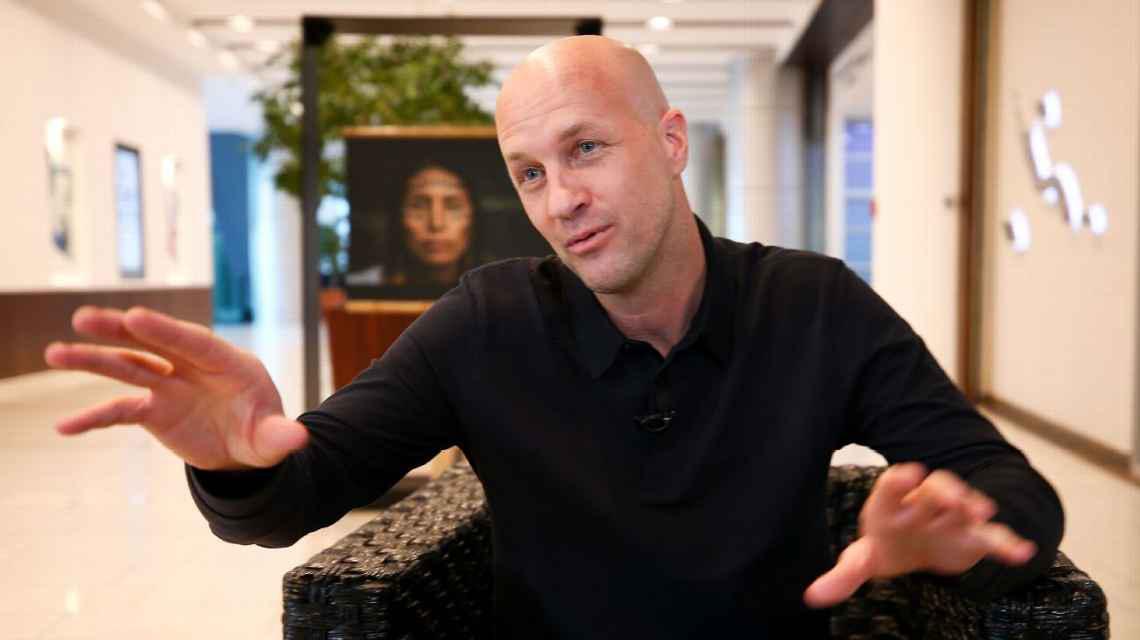
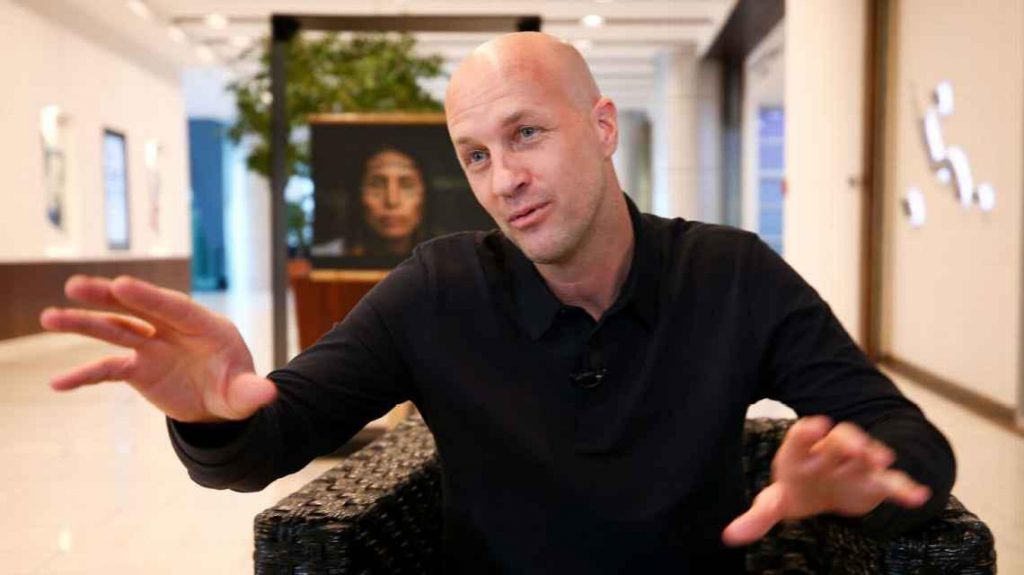
Jordi Cruyff, Laporta’s new sports advisor, who joins Barcelona on August 1, recently gave an interview to Marca, where he talked about his arrival at the club, Koeman, Laporta and much more.
Here’s what Jordi Cruyff had to say:
What have you done since you reached an agreement with Barcelona?
“I have been traveling wherever possible for Euro Cup matches, I have also watched a lot of football on TV. I have met with football people and I have reactivated contacts after so much time away. It was not necessarily a management issue for Barça, I did it for a personal matter.”
It’s hard to believe that Pedri is only 18 years old, right?
“When you are young you don’t think about the things you do at 25 or 30 years of age. Pedri is at the age where he plays without that pressure and that allows him to act with more freedom, without extra loads. Everything he does is valued positively and deserves a separate mention. He is very young and obviously has things to improve, but if he follows this path, he is a footballer who is going to mark an era, at the club, national team and European football level.”
Do you think Pedri should go to the Olympics?
“When you are 18 years old, you don’t think about vacations. You think about enjoying the dreams that you already had when you were six years old when you played with a plastic football, broke the lamp and received the anger of your parents. It is the dream of the child within him. He is fulfilling his dream after his last year at Barça and the Euros he has played. That said, I also understand the position of the club who want to protect him because it is not normal that you do not have any breaks.”
What will your role be within the club?
“It’s about helping and adding. I have a profile in which I have traveled quite a bit and have had various roles in different areas. I have worked well with coaches without being seen as a threat. I have been to countries where I have had to carry out all kinds of negotiations. Places of great negotiating reputation from which I have learned a lot. I have also been in charge of signings and of forming a sports structure. And I have been a coach. I have been in different chairs at the football table and that is what I come to do, to help with whatever it takes.”
Is it the wild card concept that Laporta talked about?
“Yes, I would call it an all-rounder that can help in many ways. I have been to diverse places with very different cultures. As a player I have been happy and not happy in big teams, the same in small teams, different models of play, different expectations, injuries, disappointments and joys. I have been in countries that have a lesser developed structure of professional football, where there is a lot harder to work. And places where people think in a totally different way.”
Have you had the opportunity to come to Barcelona before?
“In the last four or five years each season there were approaches from the club for different roles, but I was always caught with contracts and I wanted to be correct.”
Many thought that you were coming now to be Koeman’s replacement if necessary, is that true?
“Neither in my head nor in anyone’s is the idea of replacing Koeman. If that had been my path, I would have agreed to train in Spain before when I have had the opportunity in recent years. This possibility has not been hinted at, nor is it part of my plans. I have known Ronald for almost 30 years and he already knows that with me he has someone to help. And besides, for my part, it would seem very ugly, I have my principles.”
What did you think of Koeman’s work last season?
“First of all, we must highlight the lack of institutional stability that existed. Everything came together: economic issues, a pandemic, a temporary board that prevented making decisions in the market or planning. It was a very unstable situation in which Ronald was the visible head of the club. He had a squad conditioned by economic needs in which there were many young players who had ups and downs in their performance, something logical. Suarez was the second highest scorer and they did not bring a substitute for financial reasons, weakening the team. And to make matters worse, the team that Suarez went to became the champion.”
Do you have to have the courage to join a club with this financial situation?
“I enter the club now with the idea of reversing the situation on the sporting and financial level. It is hard, difficult and thankless work because painful decisions will have to be made to comply with the regulations. The laws in Spain are clear, but football is for the brave.”
What would your father do in such a situation?
“It is difficult to know. He always trusted the young players, but you have to strike a balance between the veterans and the youngsters. Many of the young people who played last season came from the B team. The jump is very big. If you are in the Second Division, you are already used to playing against teams that put 25,000 people into their stadium and the media pressure that it entails. To get to the first team, the footballer has to complete processes and last year there were players who jumped two divisions at once.”
Do you consider yourself the guardian of style?
“Yes but no. Last season the system was changed, but it was out of necessity, not out of pleasure. If you lack balance in some areas, the coach has to find solutions. I don’t know if the word guardian is the ideal one. I come to contribute what I can and to help in what is necessary, and that is why I have a short contract so that it does not oblige us in the long term.”
Are you surprised that Messi hasn’t renewed yet?
“From the outside it is difficult to give an opinion, I have not yet joined. But the rules of Spanish football are clear and you have to do some hard work first to renew Messi. The positive side is that he has not signed for anyone and that shows that the interest in continuing. Hopefully it will be like that.”

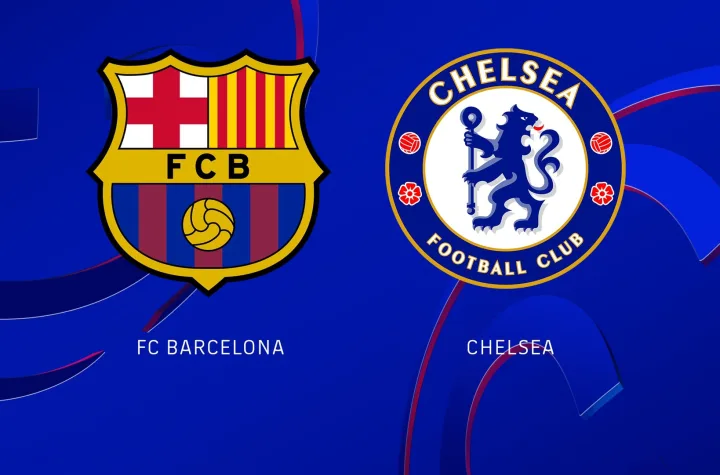
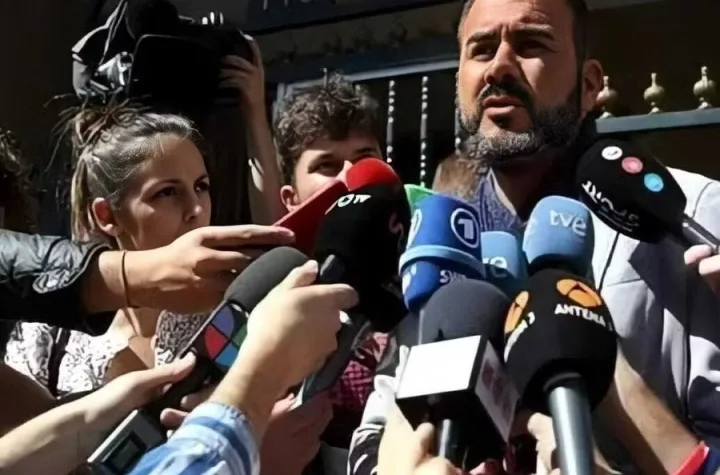
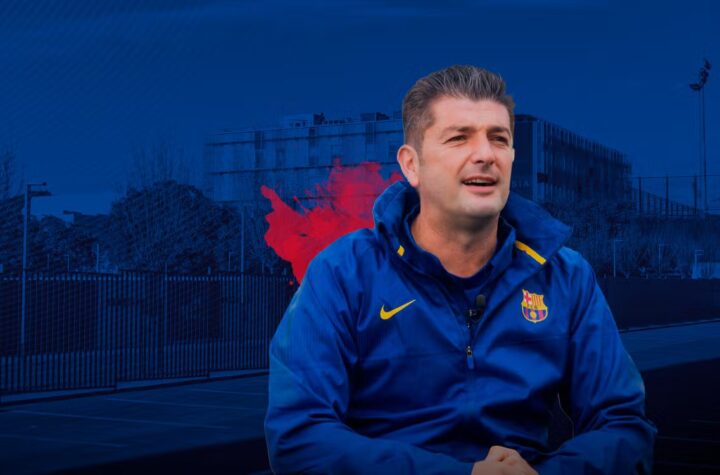
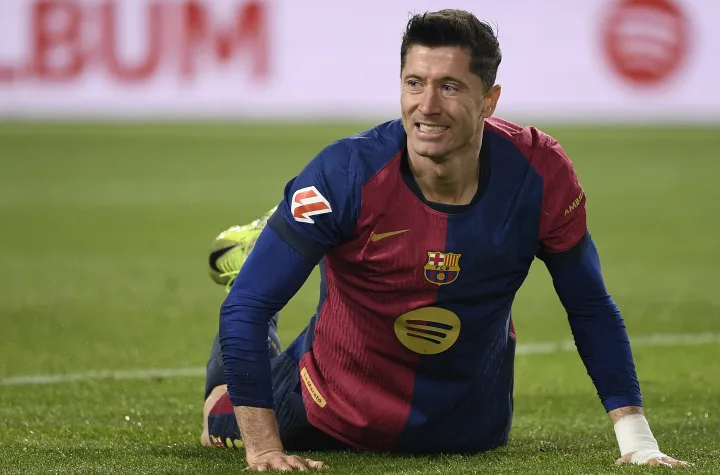
More articles
Clash of Titans: FC Barcelona Femení faces Chelsea FCW again in the Champions League.
Miguel Galán: “Tebas actions with Barça have bad faith bordering on an alleged crime of administrative prevarication”
Franc Artiga: “They’re hiring me because I’ve been at Barça for many years”